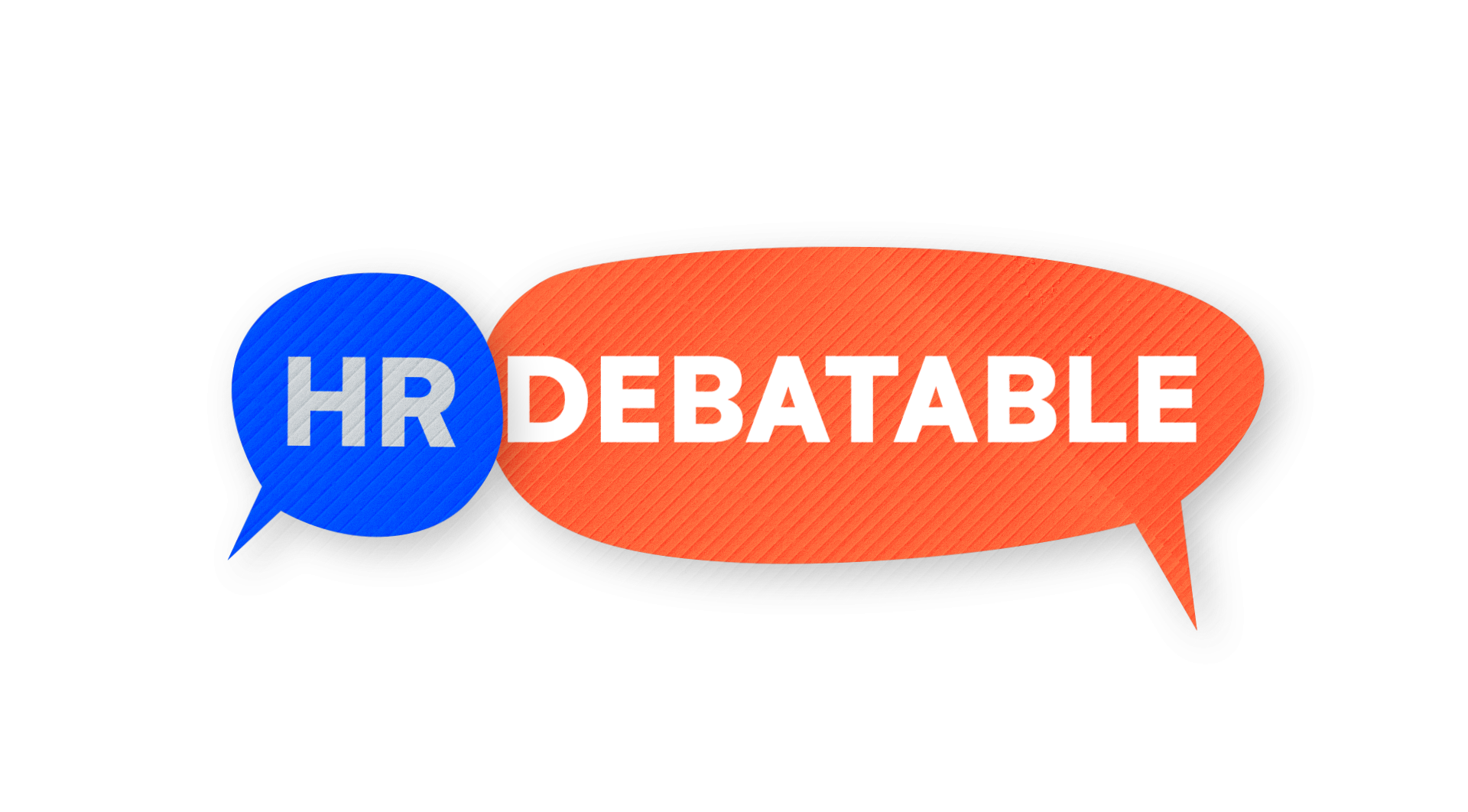Join session
PAY SECRECY LEADS TO GREATER TRUST?
Presented by
Description
The inspiration for our first debate comes from a LinkedIn post that Rachel recently shared:
“A 2020 paper co-authored by Dr. Jaclyn Koopman, an assistant professor of management at the Harbert College of Business found that pay secrecy within organizations can be associated with higher trust levels and greater retention under certain conditions.
The research found that employee biases and assumptions led to high levels of trust. Where information about how pay decisions are made, was unclear employees tended to overlook negative fairness aspects and rely on personal biases.
They also found “A second related takeaway …. because pay secrecy makes it easier for employees to deny or dismiss any bad news, such pay practices don’t always affect employee outcomes the way we might [have] expected.”
We don't know the workers involved in the survey (e.g. production workers or professional workers with greater autonomy), nor do we know if this view still holds true in 2024 as more states and countries adopt pay transparency legislation and the bar is, thus, higher now than in 2020.”
In a different post, Rachel, mentioned some of the positive impacts pay secrecy provides and could be lost due to the adoption of pay transparency in many countries, such as:
· Pay secrecy allows for management discretion to be applied in special circumstances such as terminal illness or extenuating personal challenges.
· Development opportunities - sometimes retention and development get tied together with support for MBA, MA or other courses.
One thing that comes to mind: ‘Ignorance is bliss’ and how that seems to be the case when it comes to pay secrecy.
Because let’s be realistic for a second, isn’t all hell going to break loose when companies all of a sudden are going to make their compensation data fully transparent? And how much trust will people still have in their managers and employers when they find out what their peers are earning? How will this transparency affect the way people collaborate with each other?
And so this is how we get to the first statement of today:
“Pay secrecy leads to greater trust.”


